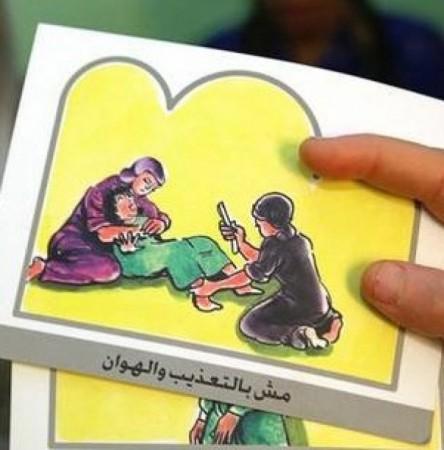
Two women in Minnesota were charged with female genital mutilation (FGM) of their daughters on Thursday as part of a growing federal case against the brutal practice, which is trying to impose stiff penalties for parents forcing their daughters to undergo the procedure.
Unicef: 200 million girls, women living with FGM in 30 countries
Federal prosecutors have charged the two women -- Haseena Halfal and Zainab Hariyanawala -- with conspiracy to commit FGM of their seven-year-old girls, Detroit News reported.
While the 34-year-old Halfal still has the custody of her daughter and son, she is expected to appear in Detroit federal court on September 21.
The defense lawyer, Dan Homstad, who is representing the two mothers has said that the indictment has come as a hard blow to their family.
"This is a very complex case and there are a lot of cultural issues at play that the (Dawoodi Bohra) community up here is struggling with," Homstad was quoted as saying by Detroit News.
"I represent two very caring and intelligent parents of two wonderful children. This arrest, of course, is very hard to the family," the lawyer added.
A Michigan-based doctor, Jumana Nagarwala, who performed the operation, and Fakhruddin Attar and Farida Attar, the couple who lent their clinic to Nagarwala will also undergo a trial.
Two other mothers, who have been identified as Farida Arif and Fatema Dahodwal, are also facing charges for allegedly bringing their daughters to the clinic for genital mutilation.
If found guilty, Halfal and Hariyanawala will be sent to prison for around five years and will also be fined.
"Female genital mutilation constitutes a particularly brutal form of violence against women and girls. It is also a serious federal felony in the United States. The practice has no place in modern society and those who perform FGM on minors will be held accountable under federal law," acting United States Attorney Daniel Lemisch was quoted as saying by Daily Caller.
However, a lawyer called Mary Chartier, who is defending one of the doctors has justified the act by saying that it was a religious practice, and is therefore protected by the First Amendment. The lawyer also added that the doctor didn't mutilate the girls' genitals, but just nicked them.

"But what we're saying is this procedure does not qualify as FGM," Chartier said.
"And even if it did, it would be exempt because it would violate their First Amendment rights. They believe that if they do not engage in this then they are not actively practicing their religion," she added.











!['He is done with the team now' : Angry Virat Kohli slams the bat, kicks the ground, yells at RCB team as SRH smashes runs [reactions]](https://data1.ibtimes.co.in/en/full/796956/he-done-team-now-angry-virat-kohli-slams-bat-kicks-ground-yells-rcb-team-srh-smashes.jpg?w=220&h=138)





